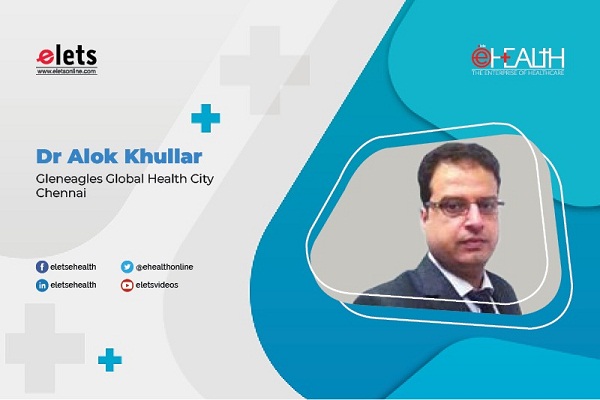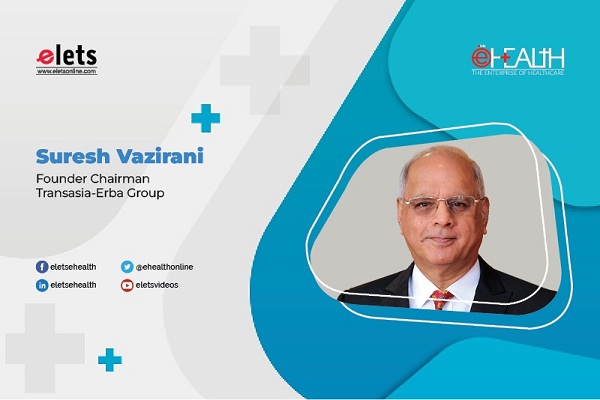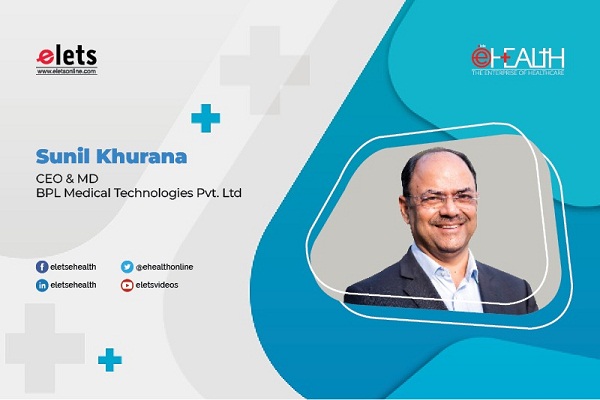
The government has been proactive towards answering the healthcare needs of the country, amidst the pandemic, increasing the allocation to the healthcare sector by a whopping 137 per cent to Rs 2.23 lakh crore in the previous budget. The mass scale vaccine roll outs across the length and breadth of India have been integral to protecting the healthcare system in the country, in turn saving crores of lives and safeguarding the economy. The government should continue to prioritize strengthening the public health infrastructure during this crucial period. In light of the omicron variant spreading all over India, administering booster shots to further strengthen the immunity of citizens should be a key focus for the government, and it should also lay out expansion plans to strengthen the country’s physical & digital healthcare infrastructure.
With the pandemic, increased digitization has taken over every sector, but remains particularly integral to the growth of the healthcare domain. Hence, the government should encourage new age healthcare services by giving a boost to start ups and also help expand telehealth ventures in the country, especially in the rural regions. Furthermore, a significant emphasis needs to be on promoting collaborative efforts integrating different ends of the healthcare spectrum, such as hospitals and pharmacies in order to ensure a quicker response time. While the vaccination budget needs to remain a priority, the government should actively encourage public-private partnerships, giving a boost to self-reliance in the healthcare ecosystem. Healthcare R&D also needs to be a key focus, to foster innovation and encourage the rapid growth of technology centric healthcare.

We are aware that GST is exempted for the final consumer of healthcare service delivery. However, when a hospital is delivering the services, it often has to take services like housekeeping, security, attendants et cetera where it is liable to pay GST. It would be ideal if hospitals are also exempted from any input GST.
Further, a lot of critical care equipment like ventilators, BiPAP machines et cetera as well as emergency care medicines are liable to GST. Exempting GST for critical care capital expenditures and operational expenditures will make it cheaper for the patients to access care. Also, the divestment drive of the government will bring in a lot of additional capital for the government. If this is invested back in employment generating sectors like healthcare, the disease burden in the long run will definitely subside.
Views expressed by Shanay Shah, President, Shalby Multispecialty Hospitals

Be a part of Elets Collaborative Initiatives. Join Us for Upcoming Events and explore business opportunities. Like us on Facebook , connect with us on LinkedIn and follow us on Twitter , Instagram.












